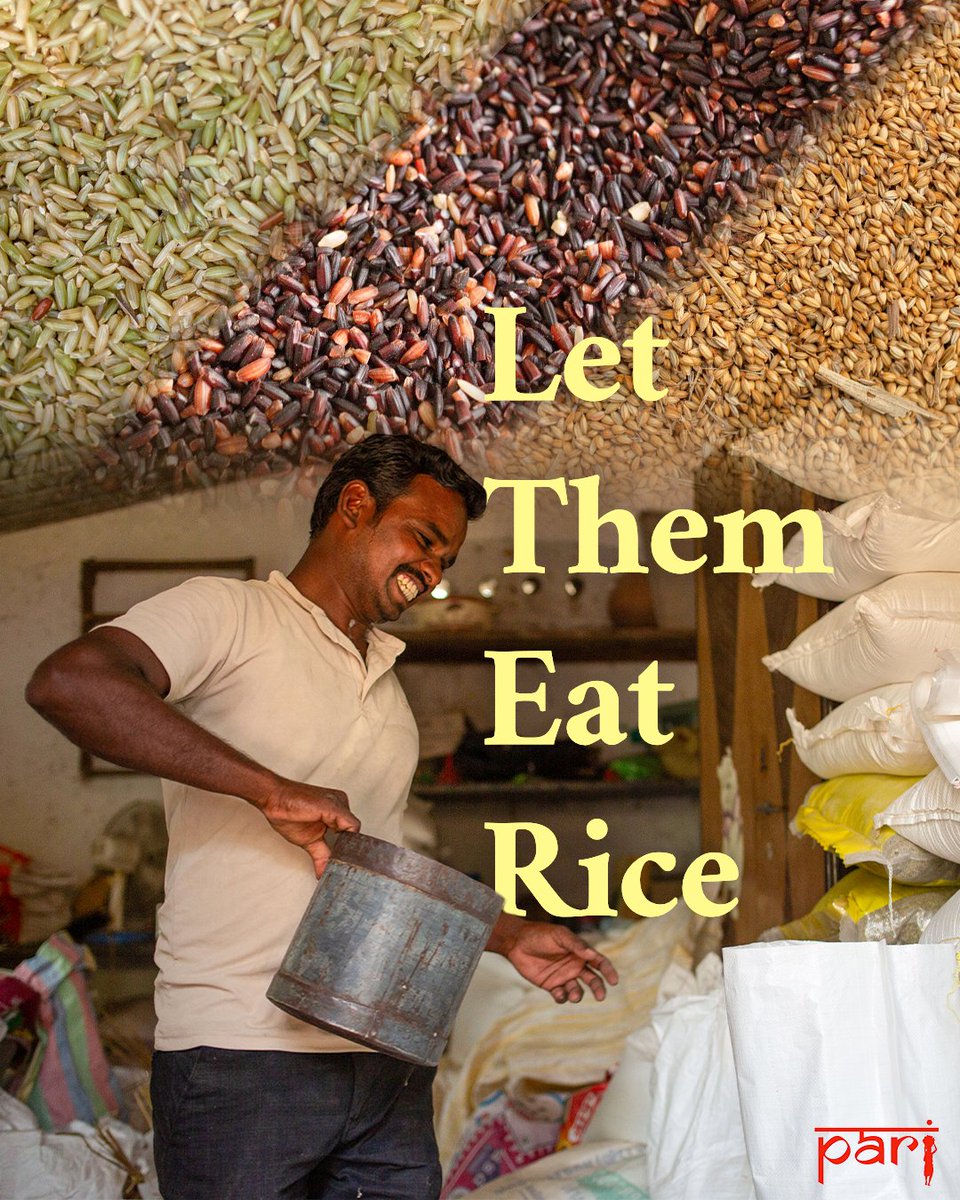"It's as if the poor have no right to healthcare."
Poor public infrastructure, unaffordable private medical care, and limited access to the state health insurance scheme are pushing Covid patients and their families into long-term debt in Marathwada. 🧵
ruralindiaonline.org/en/articles/we…
Poor public infrastructure, unaffordable private medical care, and limited access to the state health insurance scheme are pushing Covid patients and their families into long-term debt in Marathwada. 🧵
ruralindiaonline.org/en/articles/we…
The thought of the hospital bill, nearly double the family's annual income, was overwhelming to Ramling Sanap (40). In the wee hours, he walked out of the Covid ward and hanged himself in the hospital corridor. 

Ravi Morale says he took his uncle Ramling Sanap to a private hospital in Beed because there were no beds in the Civil Hospital. The second wave of #covid19 has highlighted the poor public healthcare infrastructure in rural India-Beed has only 2 govt hospitals for 26 lac people 

The family went straight to the superintendent of police and complained that the hospital had triggered Ramling’s death by asking him for money. His tragic demise was due to the hospital’s carelessness, they said, since no hospital staff was present in the ward at that time. 

The government of Maharashtra has capped private hospital charges to ensure that Covid patients don’t lose all their savings. The hospitals aren't allowed to charge more than ₹4,000/day for a general ward bed, ₹7,500 for a bed in ICU and ₹9,000 for an ICU bed with ventilator 

Suresh Gangawane fought against the hospital's exorbitant charges when his brother was refused treatment under MJPJAY.
MJPJAY's CEO, Dr. Sudhakar Shinde, says, “Several cases of malpractice and irregularities by private hospitals have been found. We're looking into it.”
MJPJAY's CEO, Dr. Sudhakar Shinde, says, “Several cases of malpractice and irregularities by private hospitals have been found. We're looking into it.”

Osmanabad’s DM Kaustubh Diwegaonkar, is addressing the issue of overcharging by private hospitals by cancelling their empanelment. But the owners counter that package costs have risen since 2012 and barely been updated and so the scheme is untenable. 

“Our primary health centers are grossly short-staffed, so people don’t get decent services” Public healthcare must be improved so that we don’t have to go to private hospitals, says Aniket Lohiya of Manavlok, a rural development organisation.
The common man continues to suffer.
The common man continues to suffer.

Since public hospitals have been overflowing with Covid patients, people have had to turn to private hospitals even though they can't afford them.
For many, a one-time emergency has turned into long-term debt reports @parthpunter
Full story: ruralindiaonline.org/en/articles/we…
For many, a one-time emergency has turned into long-term debt reports @parthpunter
Full story: ruralindiaonline.org/en/articles/we…
• • •
Missing some Tweet in this thread? You can try to
force a refresh






















